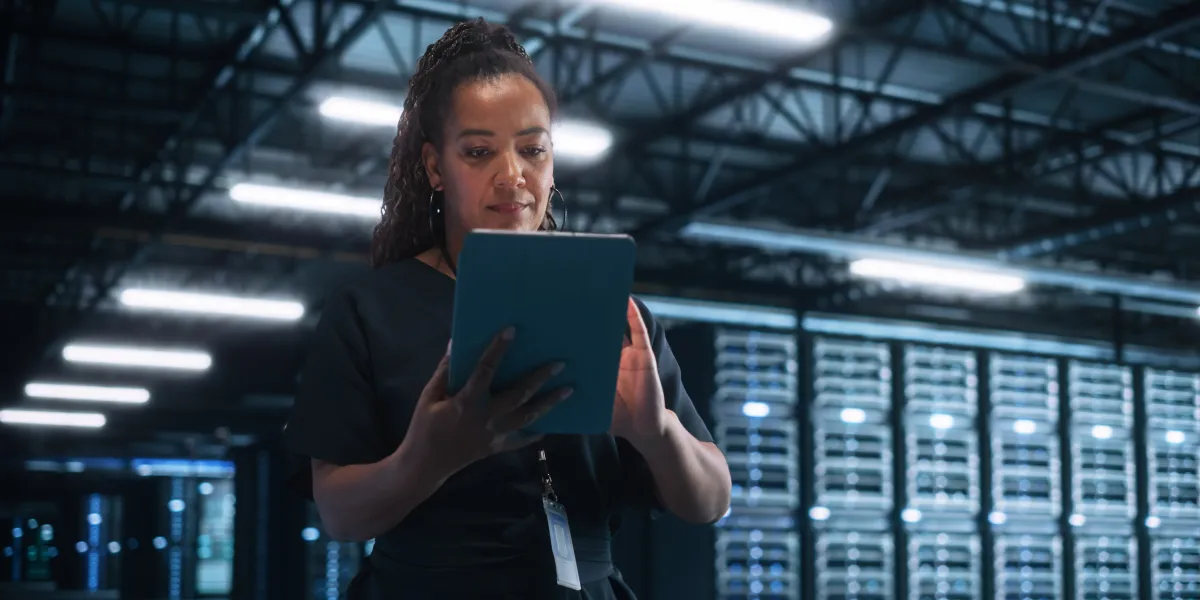
Good morning. Cyberattacks are a top concern for CFOs. However, cybersecurity professionals are feeling increased stress due to the complexity of the threat landscape and ongoing risks.
In a new report shared with CFO Daily, ISACA—a global association for IT governance, security, risk, and audit professionals—surveyed more than 3,800 cybersecurity experts. Two-thirds said their roles are more stressful than five years ago, and 63% named the complexity of today’s landscape as the top stressor. Nearly half (47%) cited high stress as the primary reason for attrition.
The survey found that 43% of respondents believe an attack on their organization is likely in the next year, yet just 41% are confident regarding incident-response capabilities. Additionally, 39% believe cybercrime is underreported, even when reporting is required.
The most common type of attack is social engineering (44%)—manipulation techniques that trick individuals into giving up confidential information—followed by 37% who noted exploited vulnerabilities (flaws or weaknesses in software, hardware, or network systems) and 36% said malware (malicious software or code). About one-third of cybersecurity professionals still reported an increase in incidents this year, according to the report.
“Cybersecurity professionals are navigating an increasingly complex threat landscape, marked by the rapid evolution of threats and an increase in both the frequency and sophistication of attacks,” Chris McGowan, ISACA principal for information security professional practices, said in a statement.
McGowan noted an anticipated rise in cyberattacks next year would put even more pressure on cybersecurity teams, emphasizing the importance of regularly reviewing support systems and training to strengthen skills and resilience. Companies must not only improve their defenses, but also prioritize the well-being of their cybersecurity teams, he added.
The stress is worsened by persistent understaffing, with 55% of cybersecurity teams short-staffed and 65% having unfilled roles. Fewer organizations are training non-security staff to move into cybersecurity positions.
Turning to AI for defense
“AI has proven valuable in strengthening defenses,” according to Aparna Achanta, a security leader at IBM Consulting. Machine learning helps detect anomalies at scale, while automation reduces analysts’ workload by triaging alerts and speeding up responses, Achanta told ISACA.
Meanwhile, predictive models highlight attack risks, and in security operations centers, AI improves event correlation and investigation, she said. Experts caution that human oversight is needed to avoid bias, blind spots, and errors in decision-making, Achanta added.
Respondents report increased use of AI in their work and a larger role in AI policy at their organizations. Almost half (47%) said they helped develop governance practices (up from 35% last year), and 40% were involved in implementation (up from 29%). The top uses of AI in security operations are threat detection, endpoint security, and automating routine tasks.
In cybersecurity, adaptation isn’t optional—it’s survival.
Sheryl Estrada
[email protected]
Leaderboard
Kerry Jackson was appointed EVP and CFO of Shoe Carnival, Inc. (Nasdaq: SCVL), a footwear and accessories retailer, effective Sept. 28. Jackson rejoined Shoe Carnival in June 2025 as SVP o new business development after retiring in May 2023. He previously served as the company’s CFO for 27 years and has been with Shoe Carnival for a total of 35 years. Patrick C. Edwards, who has served as SVP and CFO since 2023, will assume the role of SVP, treasurer.
Naveen Kumar Amar was appointed CFO of SS Innovations International, Inc. (Nasdaq: SSII), a surgical robotic technologies provider, effective Sept. 24. Amar replaces Vishwa Srivastava, who has served as the company’s interim CFO since July 2025. Srivastava will continue in his capacity as the CEO—Asia Pacific. Amar brings to SS Innovations more than 25 years of global finance leadership experience.
Big Deal
CFOs are turning volatility into growth in working capital, according to new research by Visa. The company’s third annual Growth Corporates Working Capital Index draws on insights from more than 1,400 CFOs and treasurers globally at mid-sized firms—defined as companies with annual revenues between $50 million and $1 billion.
Modern CFOs and treasurers are proactively using working capital to unlock trapped cash, pursue market opportunities, and invest in strategic initiatives, even in uncertain economic times, according to Ben Ellis, global head of large and middle markets for Visa Commercial Solutions.
“This shift means that instead of letting resources sit idle, companies leverage solutions like faster supplier payments, inventory optimization, and better payment terms to generate additional value and support growth,” Ellis told CFO Daily. When managed with modern tools and strategies, working capital directly contributes to operational efficiency, agility, and expansion, making it a key driver of business growth.
The CFOs and treasurers surveyed fall into two categories: adaptable accelerators—who use working capital solutions to manage volatility—and strategic planners—who see working capital as a tool for expansion. Strategic planners focus on growth and investment, rather than just covering short-term cash gaps, Ellis explained.
The data shows that this approach results in higher operational efficiency, greater supplier integration, improved liquidity, and enhanced resilience during volatility. “Organizations led by strategic planners consistently outperform their peers in these areas, making them better positioned to drive sustained value,” he said.
Going deeper
The two startups, Kalshi and Polymarket, generated huge buzz by accurately predicting the 2024 election results. However, their young founders still face long odds. “‘Investors are betting big on prediction markets Kalshi and Polymarket—will the gamble pay off?’” a new Fortune feature article by Jeff John Roberts offers a deep dive into why investors are backing these companies.
“The biggest risk hanging over the industry is a basic business question: Can sites like Kalshi and Polymarket generate sustained interest—and revenue—outside of the once-in-four-years presidential contest?” Roberts writes.
Overheard
“AI isn’t just another tool to optimize today’s workflows. It’s a force multiplier that rewrites what problems are even worth solving.”
—Mike Hoffman, the chief executive officer of the growth advisory, SBI, writes in a Fortune opinion piece. “Right now, CEOs are both bullish and anxious. Some are hiring for AI-powered roles,” Hoffman explains. “Others are cutting headcount in anticipation of efficiency gains. Some are doing both. This is understandable, but it misses the bigger picture.”















